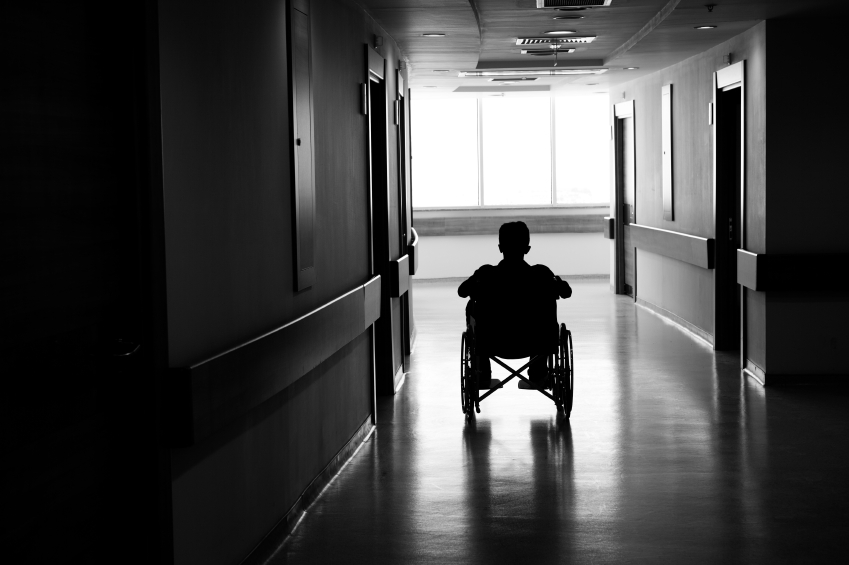AARP Hearing Center
Hi Blog Readers,
Things are starting to move at a frantic pace as the Illinois legislative session comes to a close in just a couple of weeks. We've got some good news to report on one of the bills that we've been lobbying this session...
Thousands of Illinoisans who receive critical care in their own homes or in institutions will have a powerful ally as soon as Governor Quinn signs into law Senate Bill 2773. The legislation will seek out and fix disparities in critical services to older individuals, and is the result of our ongoing advocacy work against Illinois' well-documented history of racial and ethnic disparities in quality services. The legislation passed both chambers of the General Assembly unanimously and is on its way to the Governor's desk. We are urging Governor Quinn to sign it into law.

SB 2773, sponsored by Sen. Jacqueline Collins and Rep. Ken Dunkin establishes a taskforce with the sole purpose of identifying and addressing disparities across the spectrum of services that older adults rely on both when they receive care at home or in institutionalized care.
"AARP applauds the bill sponsors and the entire General Assembly for taking a positive step toward addressing the racial, ethnic and class disparities that exist in Illinois' long term care system, said David Vinkler, Associate State Director with AARP Illinois. "It is important that people are able to live independently as they age and that we look at quality of care issues with a focus towards addressing disparities where they exist."
Among other things, the Long Term care Services and Supports Disparities Task Force will be responsible for documenting the number and type of long term care providers in the state as well as the number of clients served, comparing multi-year data to identify trends in the delivery of long term care for various racial and ethnic groups, and providing recommendations to address where disparities in use and quality of care exist.

Long term care encompasses a broad range of day-to-day help needed by people with longer-term illnesses, disabilities, frailty, or other extended health conditions. This can include: help with housekeeping, transportation, paying bills, meals, personal care, care provided by a nurse or other paid health care professional in the home, adult day services, and other ongoing social and medical care services outside the home.
"The vast majority of older people would like to live with independence in their homes and communities with the care they want and need for as long as they are able, added Vinkler. "Taking the time to study this issue will help to ensure that people can live in their homes and communities for as long as possible with adequate resources and supports."
That's all for this edition of "What's Up Springfield"
~Jenn































































